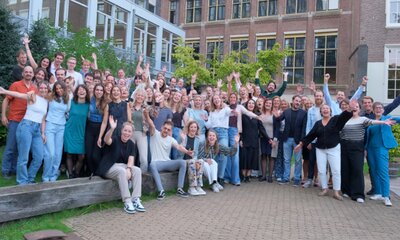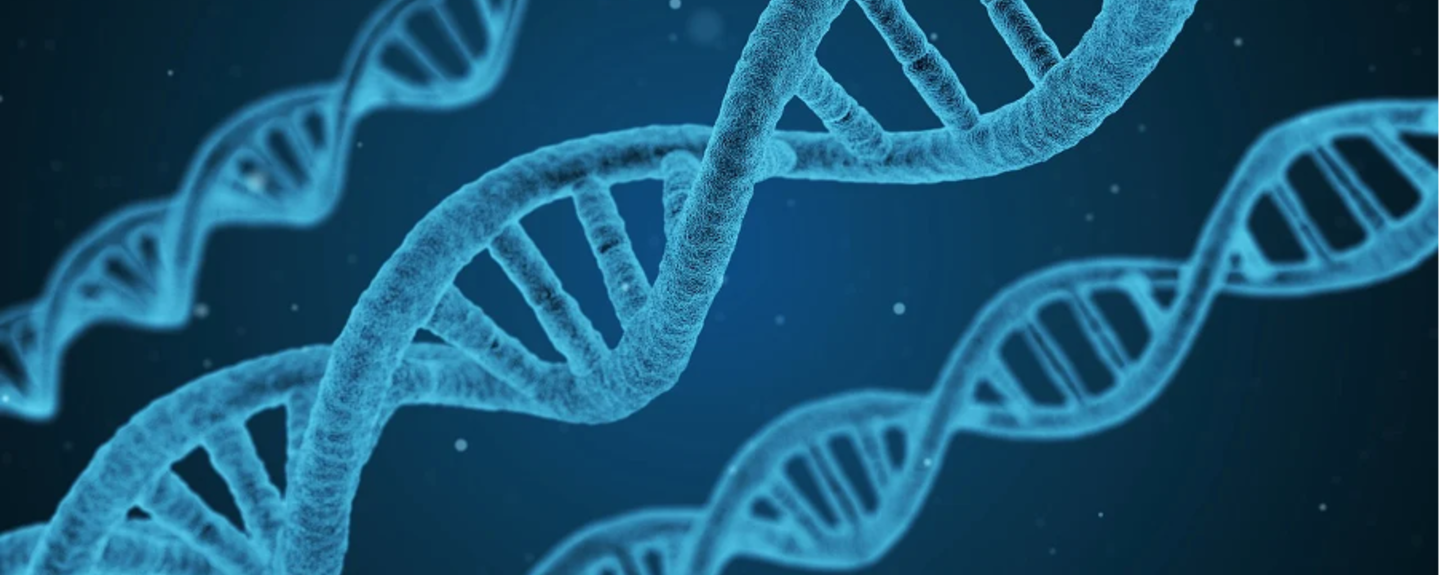Rare Diseases: Recognition and Response
Despite the term, rare diseases affect millions of people worldwide. However, at an individual disease level, it can number in the few thousands. Therefore, addressing each one can prove challenging in comparison to diseases that affect more people or due to their complexity in diagnosis and treatment. But with upcoming changes to the pharmaceutical legislation, the EU is hoping to make strides in the field.
Research into rare diseases is also lacking, often due to lack of funding for academia to pursue them. When there are treatments or solutions, patients can be secondly impacted by the difficulty in diagnosing the correct condition or in a timely manner. The same rare disease can even differ within patients, making diagnosis even more challenging.
EU Impact
Up to 36 million people are impacted by a rare disease in the EU, and thus the European Parliament and Commission have made significant strides in addressing rare diseases through various policies and initiatives:
- European Reference Networks (ERNs) help connect healthcare providers across EU member states, facilitating collaboration and knowledge-sharing to improve diagnosis and treatment outcomes for conditions that require highly specialised treatments.
- The Orphan Drugs Regulation aims to incentivise pharmaceutical companies to develop treatments for rare diseases, termed orphan drugs, by providing market exclusivity, protocol assistance, and reduced regulatory fees.
- Following this, the European Medicines Agency plays a pivotal role in evaluating and approving these orphan drugs. It can expedite the process through accelerated assessment and conditional marketing authorization.
- The EU provides funding for rare disease research through programs like Horizon Europe and the Innovative Medicines Initiative in an aim to encourage innovation and collaboration in the field.
These initiatives and steps are in part thanks to the pressure of patients and patient organisations who play key roles in advocacy, awareness, and action.
Pharmaceuticals
The EU is only part of the solution to the change needed for patients. Pharmaceutical companies, large and small, are actively increasing their efforts in the field with some having dedicated departments or dedicating their entire mission to finding treatments and cures.
What we await to see is the upcoming amendments and votes on the new pharmaceutical package from the EU. In the coming weeks, we'll see a vote in the ENVI committee which in turn could lead to a vote in the full European Parliament. If passed in both, a timeline is established for implementation across member states and for organisations. Following implementation, compliance monitoring can occur if necessary and penalties applied if new rules are not enforced.
Here at S&P, we will continue to follow the developments at the EU level. If you want to know more, don't hesitate to reach out to one of our experts.










